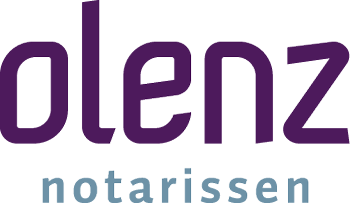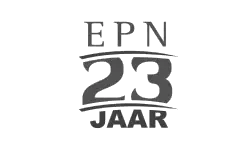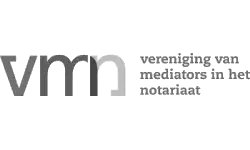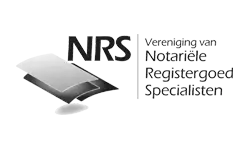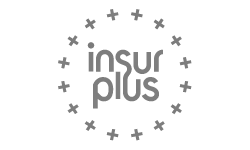Clients research and reporting obligation in notarial practice
Since 1 June 2003, the Law on the Identification of services (WID) and the Act of Unusual Transactions (law MOT) apply to the notary and the other independent professionals. These laws already applied for financial institutions. As of 1 August 2008, the WID and the MOT Act have been merged into the law to prevent money laundering and funding of Terrorism (WWFT). On the basis of the WWFT, the notary is obliged to conduct client research and to report in case of suspicion of money laundering or financing of terrorism.
Clients research. For all transactions covered by the WWFT (almost the entire field of work of the notary with the exception of family and inheritance law) a mandatory client examination applies. All clients who wish to have such a transaction carried out by the notary must first personally identify themselves and have their identity verified with the help of a valid and original identity document. Depending on the extent of the risk entailed by a particular client or transaction, the notary is obliged to carry out further investigations. This applies, for example, to clients who occupy a politically prominent position. These are also called Pep’s or politically exposed persons.
The verification of the identity can also be done by another professional in consultation with the notary.
For the purposes of the Notariswet, nationals of EU/EEA countries or Switzerland may have their identity verified on the basis of a valid national passport, diplomatic passport or service passport, a valid identity card, if provided with a photograph of the holder, or a valid driving licence provided with a photograph of the holder and residing in the Netherlands.
Other people may have their identity verified by a valid foreign document or a valid aliens document. For the application of the WWFT also national passports, foreign passports, diplomatic passports, and service passports are considered as valid identification documents.
The identity of a legal person can be verified on the basis of an extract from the trade register. This can be both an excerpt in physical form and an extract in the electronic form requested by the notary himself.
Also ultimately interested persons with a stake of more than 25% in a legal entity must be identified by the notary and, if necessary, have their identity verified. These people are also called UBO’s or ultimate beneficial owners. Depending on the degree of risk, the notary may require further investigation.
Notification Obligation. The notary is obliged to report unusual transactions that may have to do with money laundering or funding of terrorism at the reporting point of unusual transactions, officially called FIU-Nederland. Also in the case of an intended transaction that has not (yet) been executed. The notary may not, according to the law, inform his client of a notification.
Furthermore, notaries on the basis of their own professional rules may not accept cash amounts exceeding 10,000 euro. If more than 10,000 euro is paid in cash or if such payment is considered, the notary must report this to the FIU-Nederland. This will also be the case if the client deposits the cash into an account belonging to notary. The obligation to notify shall also apply if, at the request of a client, the notary pays out more than 10,000 euros in cash or is paid out by the bank.
The notification obligation does not apply to services in the field of family and inheritance law.
The notary does not have a duty of notification if any (intended) unusual transactions are discussed in an exploratory discussion.
